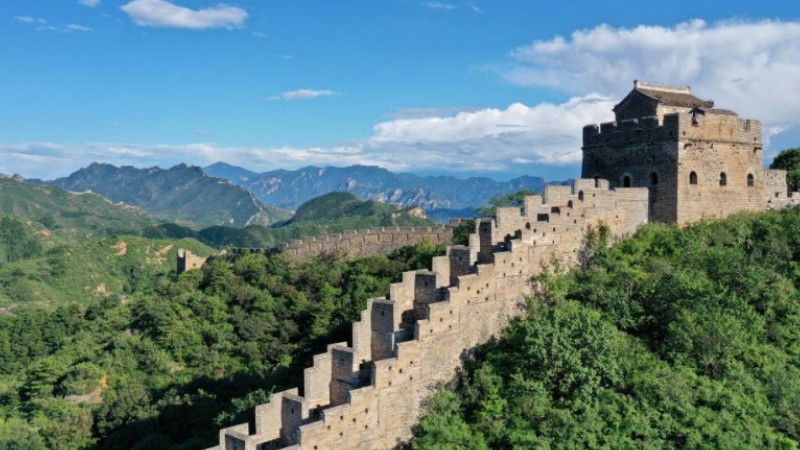A landmark exhibition exploring the historical and cultural riches of China’s Lower Yangtze River Delta will open on Sept. 10 at The Cleveland Museum of Art (CMA) in the U.S. state of Ohio.
China’s Southern Paradise: Treasures from the Lower Yangzi Delta, to be on view through Jan. 7, 2024 in CMA’s Kelvin and Eleanor Smith Foundation Exhibition Hall, is the first exhibition in the West that focuses on the artistic production and cultural impact of a region located in the coastal area south of the Yangtze River, according to a press release by the CMA.
Through major loans from more than 30 institutions around the world and selections from the CMA’s world-renowned collection of Chinese art, the exhibition features about 200 objects from Neolithic times to the 18th century, ranging from jade, silk, prints, and paintings to porcelain, lacquer, and bamboo carvings.
Key loans from six Chinese institutions, including the Beijing Palace Museum, the Shanghai Museum, and the Nanjing Museum, bring rarely seen objects to the United States that illustrate how Jiangnan, which literally means south of the Yangtze River, gained a leading role in China’s artistic production and succeeded in setting cultural standards.
“To bring these rare, unique treasures together from around the world provides a once-in-a-lifetime opportunity for visitors, nationally and abroad, to witness the richness and unsurpassed quality of art from a part of China that is still associated with natural beauty, elegance, high culture, and erudition. Jiangnan imagery and goods that reached 18th-century Europe shaped our idea of China more than any other region,” said Clarissa von Spee, this exhibition’s curator and the James and Donna Reid Curator of Chinese Art, Interim Curator of Islamic Art and Chair of Asian Art at the CMA.
“This is an exhibition that the Cleveland Museum of Art is uniquely qualified to organize,” said William M. Griswold, director and president of the CMA. “Our incredible holdings of Chinese art have inspired the confidence of our more than 30 partners across the world to lend works of art, which allow us to present an exhibition with objects of impressive quality and scope never seen together before.”
Lower Yangtze River Delta has throughout large parts of its history been one of the wealthiest, most populous, and fertile lands. For millennia, it has been an area of rich agriculture, extensive trade, and influential artistic production. Art from Jiangnan – home to such great cities as Hangzhou, Suzhou, and Nanjing, as well as to hilly picturesque landscapes stretched along rivers and lakes – has defined the image of traditional China for the world.










